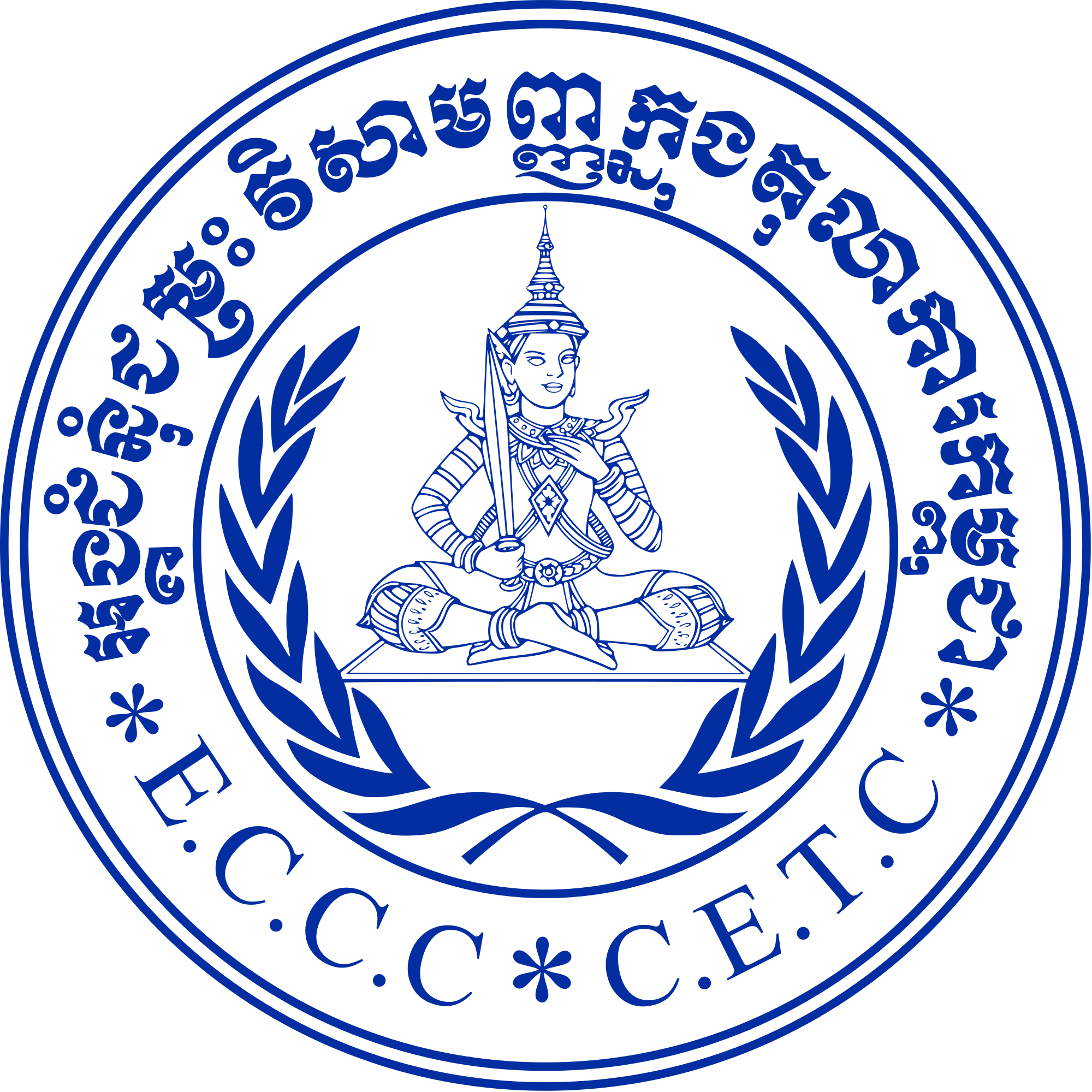An international judge announced his resignation from the U.N.-backed war crimes trials in Cambodia on Tuesday, the fourth to quit so far and another blow for the troubled tribunal probing the atrocities of the 1970s Khmer Rouge regime.
Mark Harmon, from the United States, said in a statement his reasons for stepping down after three years in Phnom Penh were "strictly personal" and "with considerable regret". He did not elaborate.
Several of Harmon's predecessors at the hybrid United Nations-Cambodian court have alleged political interference and a lack of cooperation by Cambodia's government, which contains remnants of the Khmer Rouge regime.
Prime Minister Hun Sen, a former Khmer Rouge soldier, has warned more trials could cause anarchy and a return to civil war. He has promised to thwart new indictments and once said he would be happy if the U.N. packed up and left.
The decade-old tribunal has so far delivered verdicts involving three high-profile leaders from the 1975-1979 "killing fields" era. Attempts to pursue more cases have been met by strong government resistance.
Cambodian police have refused to act on an arrest warrant Harmon has issued for Meas Muth, a former navy chief alleged to have sent detainees to a torture center where some 14,000 people died.
Court spokesman Lars Olsen said Harmon's resignation was unrelated to any development in cases he was working on. Harmon would continue his role until his replacement was sworn in.




